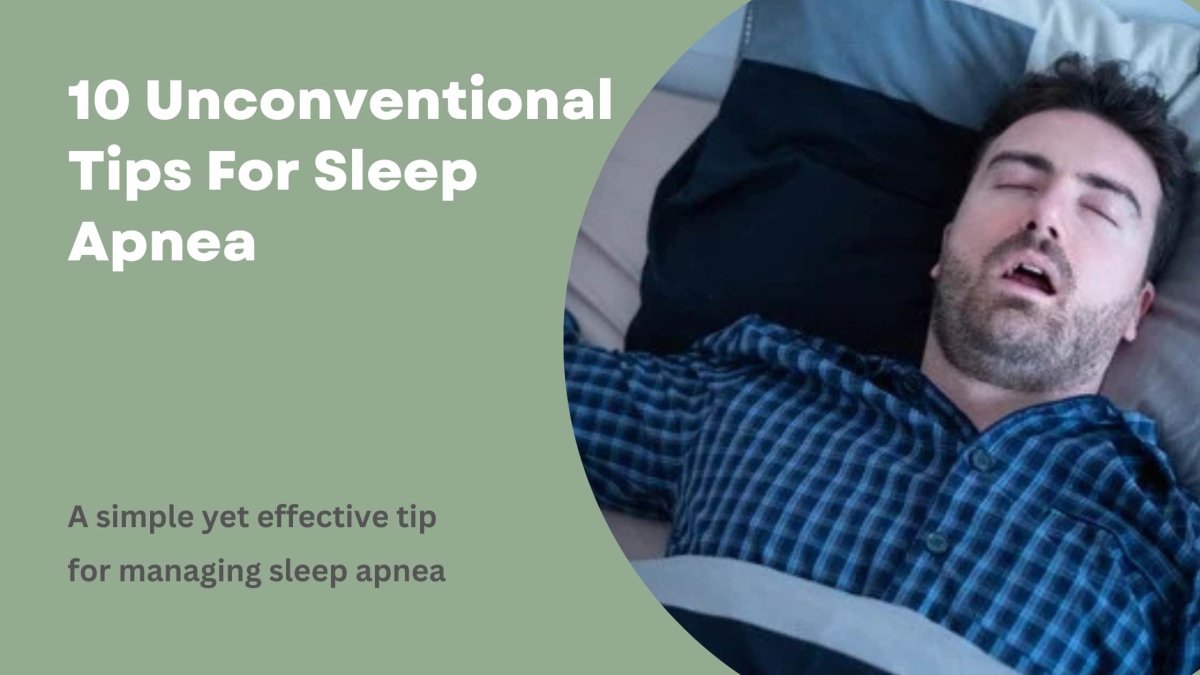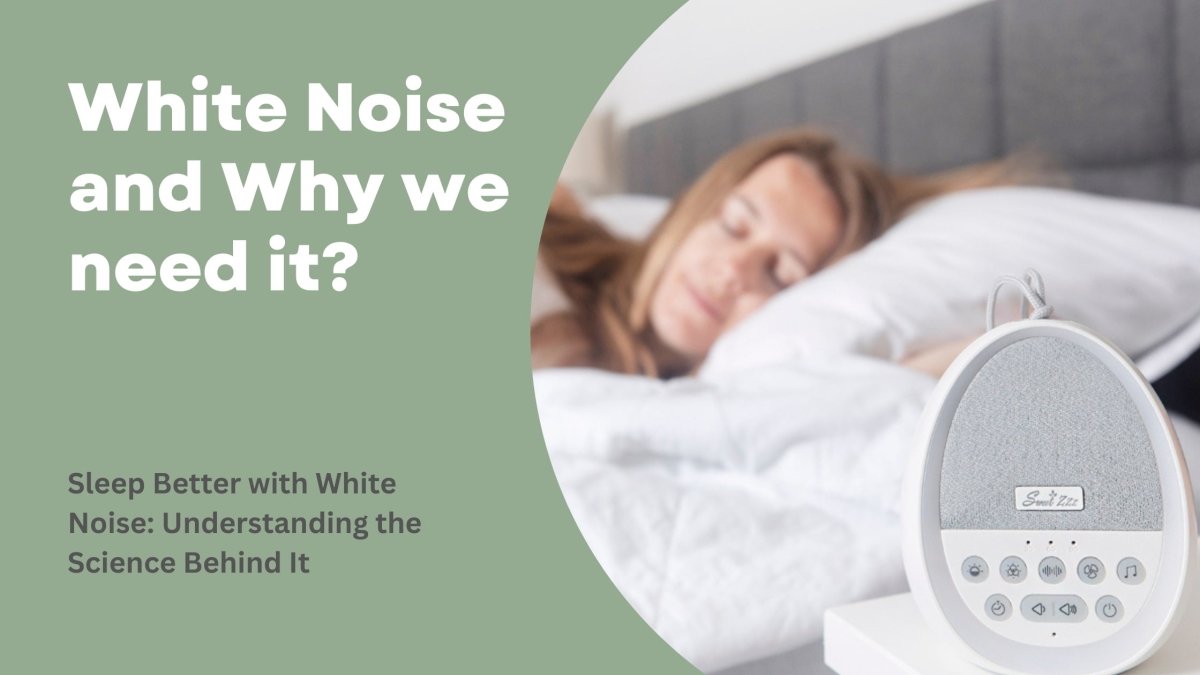Does ASMR Help You Sleep?
In recent years, Autonomous Sensory Meridian Response (ASMR) has gained popularity as a potential aid for better sleep. But what exactly is ASMR, and can it truly help you drift off into a peaceful slumber? Let's explore the role of ASMR in promoting sleep, considering various aspects such as ASMR sleep videos and the science behind ASMR for sleeping.
Understanding ASMR and Its Connection to Sleep
ASMR refers to a calming, pleasurable feeling often accompanied by a tingling sensation in the scalp and down the back of the neck, triggered by specific auditory or visual stimuli. Common triggers include whispering, soft tapping, and methodical sounds. These sensations can induce relaxation and have been reported to help with sleep.
ASMR for Sleep: How Does It Work?
- Relaxation Response: ASMR triggers can lead to a deep state of relaxation, which is conducive to sleep. The soothing sounds and visuals can help calm the mind, making it easier to fall asleep.
- Reduction of Stress and Anxiety: Many people use ASMR for sleeping because it can help reduce stress and anxiety levels, which are common culprits behind sleep disturbances.
- Routine and Habit Formation: Incorporating ASMR into a nightly routine can signal to the body that it's time to wind down, aiding in the transition to sleep.
ASMR Video Sleep Benefits
ASMR videos, widely available online, provide a range of triggers to suit individual preferences. These videos can be particularly useful for:
- Creating a Soothing Environment: The gentle sounds and visuals in ASMR videos create a soothing atmosphere conducive to sleep.
- Accessibility and Variety: With an array of ASMR content available, individuals can explore different triggers and styles to find what works best for them.
Effectiveness of ASMR for Sleeping
While many anecdotal reports suggest the effectiveness of ASMR in improving sleep quality, scientific research on the topic is still relatively limited. However, preliminary studies do indicate that ASMR can have a positive impact on relaxation and potentially sleep.
Considerations and Limitations
It's important to note that ASMR doesn't work for everyone. The ability to experience ASMR is subjective, and its effectiveness can vary greatly from person to person. Additionally, relying solely on ASMR for sleep, especially in cases of chronic insomnia or serious sleep disorders, is not recommended without consulting a healthcare provider.
Conclusion
ASMR can be a helpful tool for many individuals seeking to improve their sleep quality. The calming and soothing effects of ASMR for sleep have been beneficial for numerous people. However, its effectiveness can vary, and it should be considered as part of a broader approach to improving sleep habits. For those who find it helpful, ASMR sleep videos offer a convenient and varied source of relaxation triggers.




